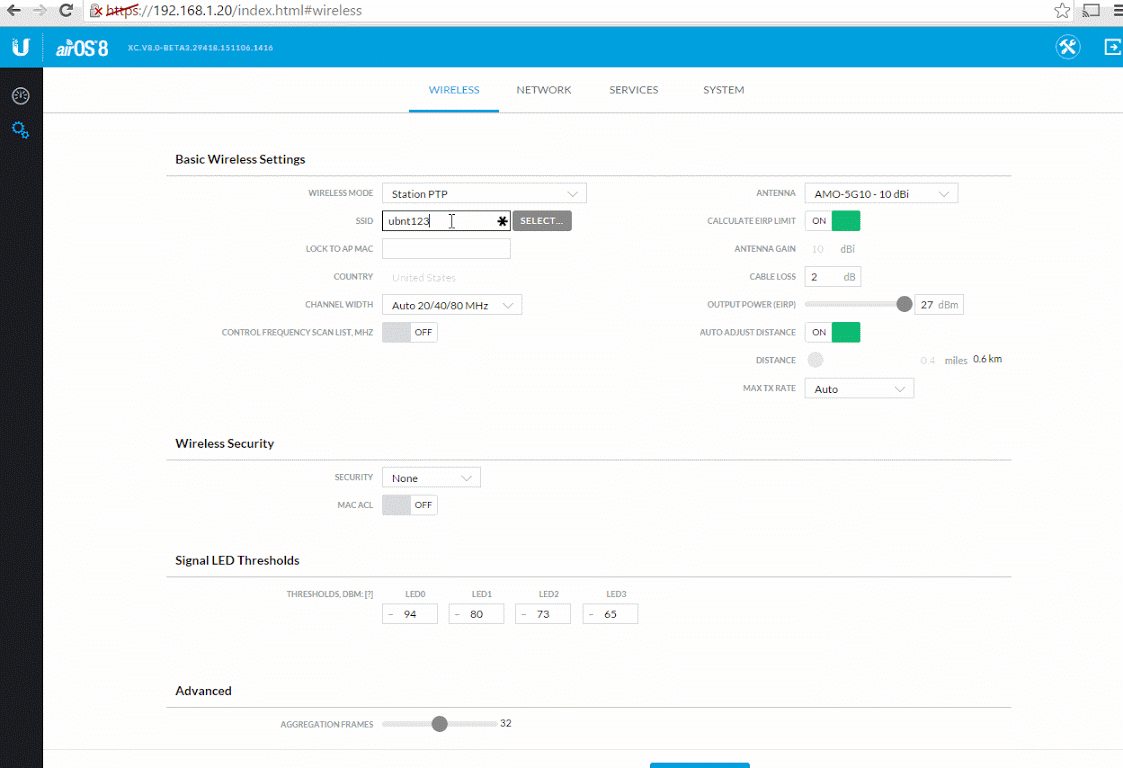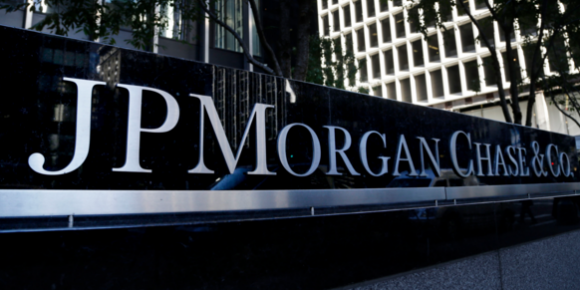U.S. state and federal law enforcement officials appear poised to tap into public concern over the terror attacks in France last week to garner support for proposals that would fundamentally weaken the security of encryption technology used by U.S. corporations and citizens. Here’s a closer look at what’s going on, and why readers should be tuned in and asking questions.
 Despite early and widely repeated media reports that the terrorists who killed at least 128 people in Paris used strong encryption to disguise their communications, the evidence of this has failed to materialize. An initial report on Nov. 14 from Forbes titled “Why the Paris ISIS Terrorists Used PlayStation4 to Plan Attacks” was later backpedalled to “How Paris ISIS Terrorists May Have Used PlayStation 4 to Discuss and Plan.” Turns out there was actually nothing to indicate the attackers used gaming consoles to hide their communications; only that they could do that if they wanted to.
Despite early and widely repeated media reports that the terrorists who killed at least 128 people in Paris used strong encryption to disguise their communications, the evidence of this has failed to materialize. An initial report on Nov. 14 from Forbes titled “Why the Paris ISIS Terrorists Used PlayStation4 to Plan Attacks” was later backpedalled to “How Paris ISIS Terrorists May Have Used PlayStation 4 to Discuss and Plan.” Turns out there was actually nothing to indicate the attackers used gaming consoles to hide their communications; only that they could do that if they wanted to.
Politico ran a piece on Sunday that quoted a Belgian government official saying French authorities had confiscated at least one PlayStation 4 gaming console from one of the attacker’s belongings (hat tip to Insidesources.com).
“It’s unclear if the suspects in the attacks used PlayStation as a means of communication,” the Politico story explained. “But the sophistication of the attacks raises questions about the ability of law enforcement to detect plots as extremists use new and different forms of technology to elude investigators.”
Also on Sunday, The New York Times published a story that included this bit:
“The attackers are believed to have communicated using encryption technology, according to European officials who had been briefed on the investigation but were not authorized to speak publicly. It was not clear whether the encryption was part of widely used communications tools, like WhatsApp, which the authorities have a hard time monitoring, or something more elaborate. Intelligence officials have been pressing for more leeway to counter the growing use of encryption.”
After heavy criticism of the story on Twitter, The Times later removed the story from the site (it is archived here). That paragraph was softened into the following text, which was included in a different Times story later in the day: “European officials said they believed the Paris attackers had used some kind of encrypted communication, but offered no evidence.” To its credit, the Times today published a more detailed look at the encryption debate.
The media may be unwittingly playing into the hands of folks that former NBC reporter Bob Sullivan lovingly calls the “anti-encryption opportunists,” i.e., those who support weakening data encryption standards to make it easier for law enforcement officials to lawfully monitor people suspected of terrorist activity.
The directors of the FBI , Central Intelligence Agency and National Security Agency have repeated warned Congress and the technology community that they’re facing a yawning intelligence gap from smart phone and internet communication technologies that use encryption which investigators cannot crack — even after being granted the authority to do so by the U.S. courts.
For its part, the Obama administration has reportedly backed down in its bitter dispute with Silicon Valley over the encryption of data on iPhones and other digital devices.
“While the administration said it would continue to try to persuade companies like Apple and Google to assist in criminal and national security investigations, it determined that the government should not force them to breach the security of their products,” wrote Nicole Perlroth and David Sanger for The New York Times in October. “In essence, investigators will have to hope they find other ways to get what they need, from data stored in the cloud in unencrypted form or transmitted over phone lines, which are covered by a law that affects telecommunications providers but not the technology giants.”
But this hasn’t stopped proponents of weakening encryption from identifying opportunities to advance their cause. In a memo obtained in August by The Washington Post, Robert Litt, a lawyer in the Office of the Director of National Intelligence, wrote that the public support for weakening encryption “could turn in the event of a terrorist attack or criminal event where strong encryption can be shown to have hindered law enforcement.”
To that apparent end, law enforcement officials from Manhattan and the City of London are expected on Wednesday to release a “white paper on smartphone encryption,” during an annual financial crimes and cybersecurity symposium at The Federal Reserve Bank of New York. A media notice (PDF) about the event was sent out by Manhattan District Attorney Cyrus R. Vance Jr., one of the speakers at the event and a vocal proponent of building special access for law enforcement into encrypted communications. Here’s Vance in a recent New York Times op-ed on the need for the expanded surveillance powers.
Continue reading →
 Imagine the epic trolling opportunities available to a bored or disgruntled Jihadi Help Desk operator. For this persona, we need to reach way back into the annals of Internet history to the Bastard Operator from Hell (BOFH) — a megalomaniacal system administrator who constantly toyed with the very co-workers he was paid to support. What might a conversation between a jihadi and the Bastard Jihadi Operator from Hell (BJOFH) sound like?
Imagine the epic trolling opportunities available to a bored or disgruntled Jihadi Help Desk operator. For this persona, we need to reach way back into the annals of Internet history to the Bastard Operator from Hell (BOFH) — a megalomaniacal system administrator who constantly toyed with the very co-workers he was paid to support. What might a conversation between a jihadi and the Bastard Jihadi Operator from Hell (BJOFH) sound like?













